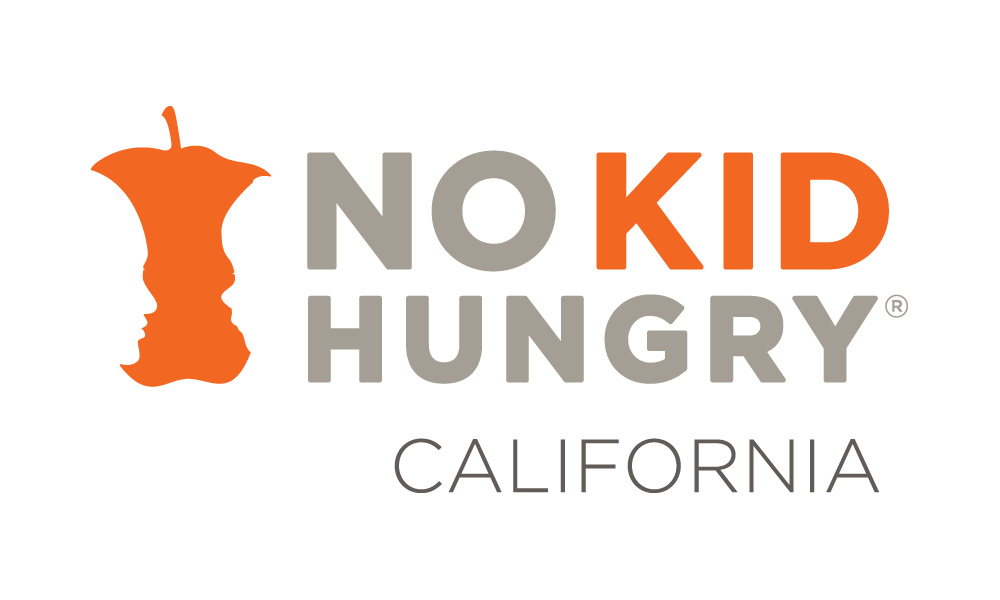Contact: Johanna Elsemore at 202.478.6554 or jelsemore@strength.org
12/4/2019 Pasadena, CA – This morning, the White House finalized a rule that will tighten work requirements for able-bodied adults without dependents (ABAWDs) in the Supplemental Nutritional Assistance Program (SNAP), known as CalFresh in California, likely resulting in nearly 200,000 Californians losing benefits. The following is a statement from No Kid Hungry California Director Kathy Saile:
“It is deeply disappointing that despite overwhelming opposition to this proposal, the White House has finalized a rule that stiffens work requirements for millions of SNAP participants nationwide, which will likely lead to hundreds of thousands of Californians losing their benefits. The rule takes a one-size-fits-all approach and prohibits California from having the flexibility to adapt the program to respond to local economic conditions.
As the U.S. Department of Agriculture reported in September, food insecurity among adults and children has finally declined to pre-recession (2007) levels.
And California is no exception: The prevalence of food insecurity in our state is the lowest in over a decade, thanks in part to SNAP, known as CalFresh in California.
Yet over the last year, three new rules have been proposed that create stricter work requirements for program eligibility, cap deductions for utility allowance and limit access to SNAP for working poor families.
A new study by the Urban Institute shows that the combined impact of these rules, two of which are not yet final, would result in 625,000 fewer Californians receiving CalFresh in an average month. It’s inexplicable that the Administration continues to propose deep cuts and harmful policy changes to a program that is working to lift millions of kids out of poverty and food insecurity each year.
While our national economy has recovered from the effects of the great recession, the financial realities of far too many people have not – particularly in states like California where the cost of living continues to rise quickly. Punishing those who cannot find work or have limited skills, health issues or inadequate transportation by taking away critical food assistance will do nothing to help them find a job or get back on their feet; it will only cause hardship and hunger.
We can win the battle against hunger, but we are at a crucial tipping point. If these rules go into effect, there is a very real risk that the positive progress will be eroded by policy changes that penalize the poor and make it harder to feed our children.”



